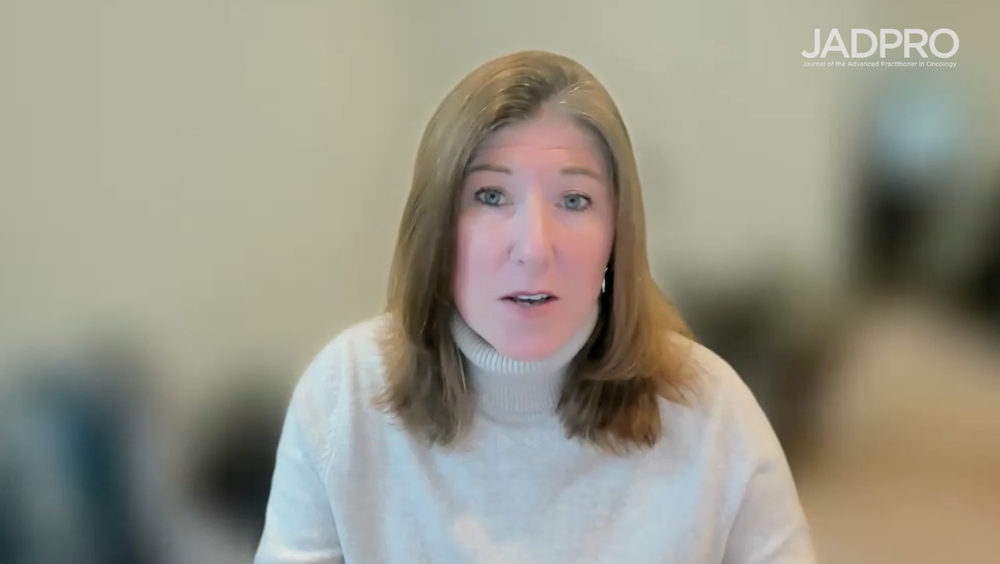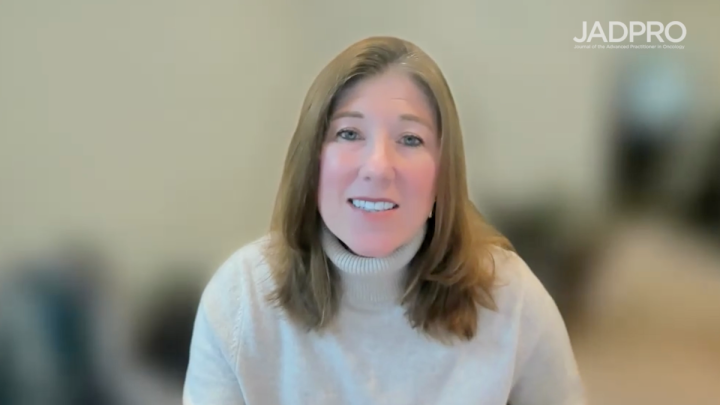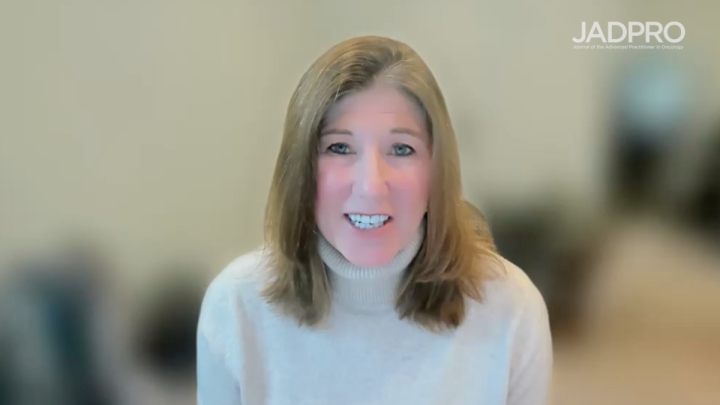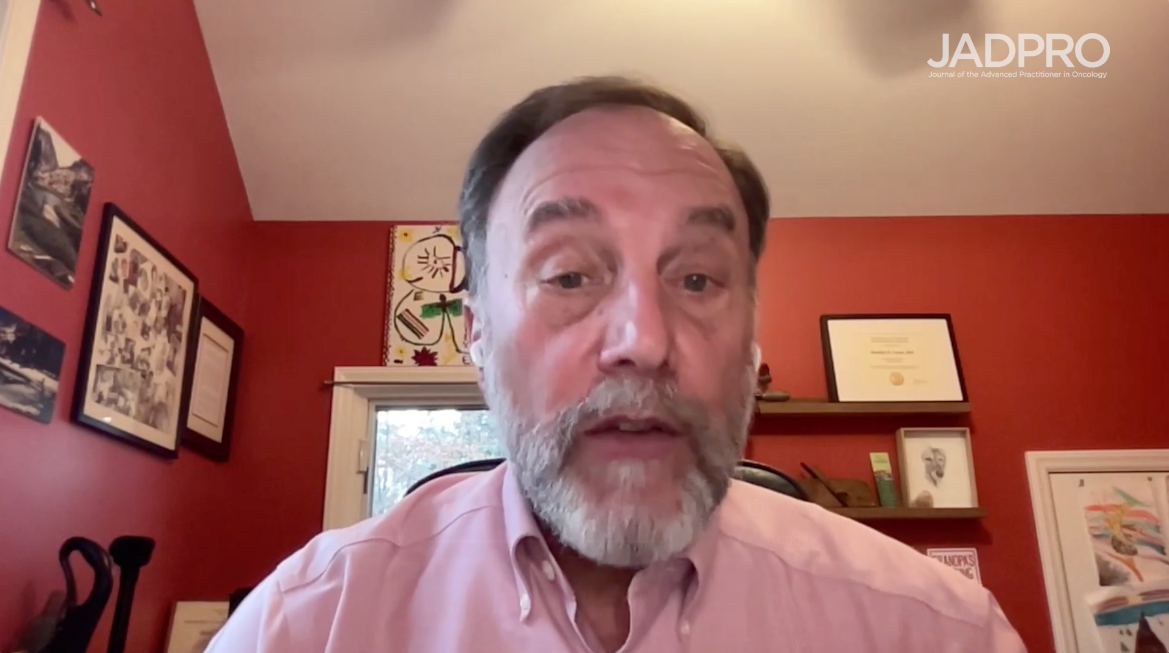Transcript
When an indolent lymphoma transforms to DLBCL, it often leads to a poor prognosis, especially for patients with relapsed/refractory disease. We know that CAR T-cell therapy is approved for transformed indolent lymphomas. This large retrospective study focused on evaluating the safety and efficacy of standard care CD 19 CAR-T in adults with R/R transformed indolent lymphomas relative to de novo DLBCL. Transformation of indolent lymphomas was defined as DLBCL/HGBCL transformed from follicular lymphoma, marginal zone lymphoma, and Waldenström macroglobulinemia. Patients who received CAR T-cell therapy on a clinical trial were excluded as well as patients with Richter’s transformation. CAR-T was infused from December 2017 to October 2022. The mean age at CAR T-cell therapy was 64 years old. The overall response rate in both cohorts was similar, whereas complete response rate was higher in the transformed indolent group (67% vs 59%). Based on the results of this study, it was determined that CAR T-cell therapy is highly effective with an acceptable toxicity profile in transformed indolent lymphoma patients. CAR T-cell therapy represents a potentially groundbreaking treatment for this population of patients who may have limited treatment options offering a chance for durable remission. We need to be able to discuss this possibility with patients and coordinate care to determine if this is a suitable treatment option for the patient. We also have to keep in mind that a significant geographic barrier exists for some patients seeking CAR T-cell therapy, as qualified treatment centers may not be readily accessible in their local areas. Ultimately, one of our roles as advanced practice providers is to ensure our patients are fully informed about the most current treatment options available for their disease.











